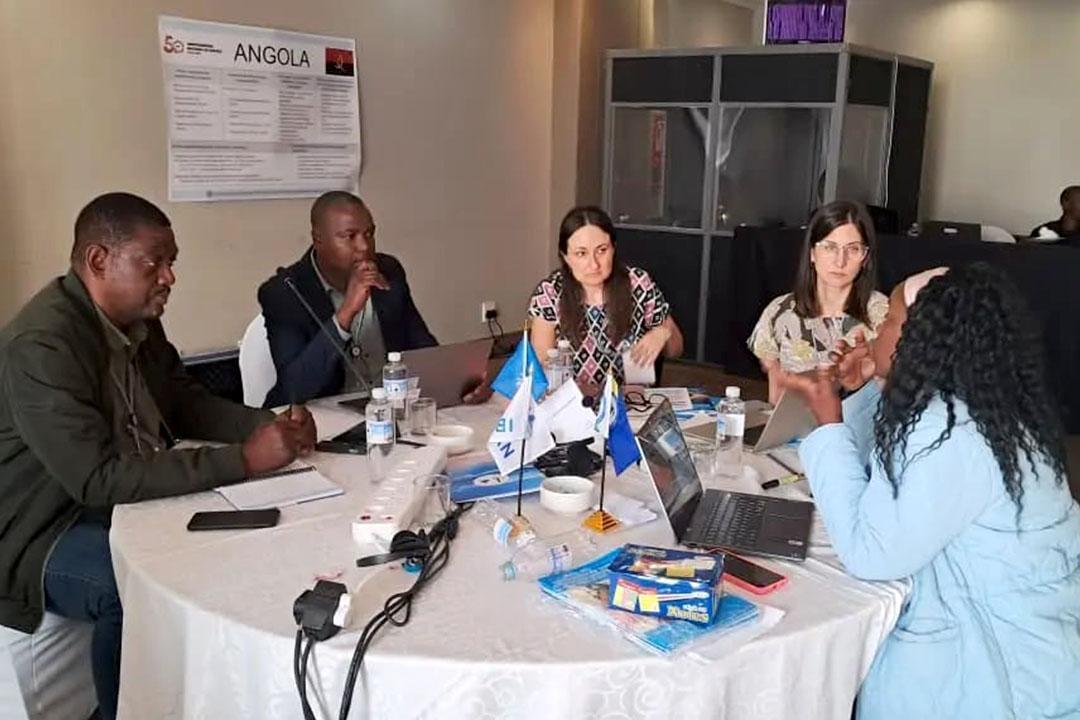Africa-Press – Eswatini. Eswatini’s commitment to safeguarding infant health has been significantly bolstered after its delegation concluded a two day SADC Capacity Building Training on the International Code of Marketing for Breast Milk Substitutes (BMS) in Swakopmund, Namibia. The training, which built upon the foundational knowledge acquired on day one, has empowered the team with the practical tools and expert backing needed to enact a more robust national Code law.
Having already learned the core principles of the Code, Day 2 of the training focused on the critical, real world application of these standards. Participants tackled topics such as the Code’s marketing prohibitions, including the ban on health claims on packaging and the regulation of digital environments. Crucially, they learned how to identify and address violations on product labels, an issue that poses a direct threat to the integrity of breastfeeding promotion.
The Eswatini team, representing the Ministry of Health, Eswatini National Nutrition Council, World Vision Eswatini, and UNICEF Eswatini, actively participated in group work to identify specific violations and legislative gaps within their own country. This hands-on exercise allowed the delegation to pinpoint where current national laws fall short, particularly concerning product labeling, industry influence, and the regulation of modern marketing strategies.
In a pivotal side meeting, the Eswatini delegation met with the training’s Code experts. This meeting served as a platform to discuss Eswatini’s national Code development plans and secured a pledge of tactical support from the facilitators. This expert endorsement is a game changer, providing Eswatini with the specialized guidance necessary to navigate the complexities of drafting and enforcing comprehensive legislation that can effectively protect against industry interference and conflicts of interest.
The delegation’s work marks a significant stride in aligning Eswatini’s public health policies with international best practices. With a clear action plan and the backing of SADC experts, Eswatini is now well.positioned to strengthen its laws and further protect the health and well-being of its youngest citizens.
For More News And Analysis About Eswatini Follow Africa-Press







